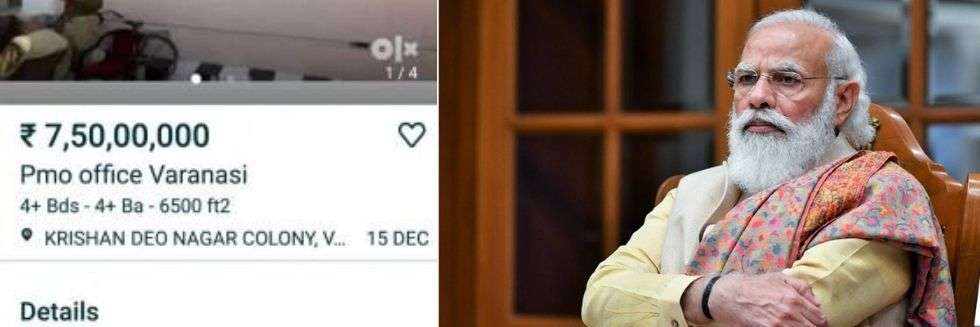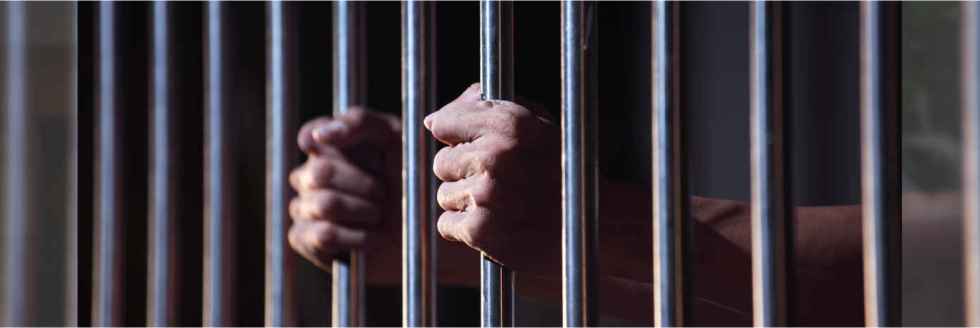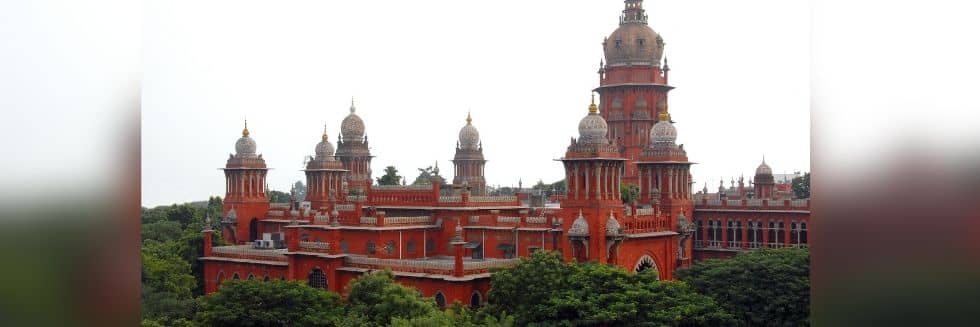In a significant observation, Calcutta High Court noted that the absence of a medical examination report of the victim would favour the rape accused and entitle him to get benefit of doubt. The court dropped charges of rape and penetrative sexual assault under the Protection of Children from Sexual Offences (POCSO) Act, 2012.
In the judgment, Justice Bibek Chaudhuri observed that the victim had denied getting medically examined and therefore, the same would go in favour of the accused.
“If a girl of 13 years is violated by a grownup person like the accused, Subrata Pradhan, there must be marks of violence and injury on her private part. The said mark of injury would be visible at the time of medical examination of the victim. However, the victim denied to have examined medically. Thus, the absence of any report of medical examination of the victim would go in favour of the accused and he is entitled to get benefit of doubt,” the bench observed.
The observations were made on the ground of contradictions that were found in the statements by the victim and evidence of the witnesses. The court also noted that there were lacunae in the prosecution’s case.
As per the prosecution, the appellant tried to propose marriage to the minor girl several times. The accused allegedly kidnapped the girl from a bus stand in December 2017.
It was stated that a complaint was filed by the girl’s uncle, and a day later, the police arrested the appellant and brought him and the girl to the police station. At the station, the girl made allegations of forced sexual intercourse against the appellant and three others. The victim also alleged that she was forced to wear a sari and the appellant put vermilion on her forehead and conch bangles on her hands.
The trial court convicted the man under Section 376 (rape), Section 363 (kidnapping, abducting or inducing woman to compel her marriage) and Section 120 B (criminal conspiracy) of the Indian Penal Code as well as Section 4 (penetrative sexual assault) of the POCSO Act.
The High Court bench set aside the trial court’s order and dropped the charges against the accused on the following grounds.
- The statement made in the FIR itself was in the nature of hearsay. In the FIR, it was alleged that the victim girl was kidnapped on her way to school.
- However, she stated on oath that the accused picked her up when she was returning home from school and took her somewhere by a vehicle;
- The victim girl refused to get examined medically after she was produced before the medical officer. In her examination-in-chief, she stated on oath that she declined to get herself medically examined as there was no female doctor in the hospital. Assigning a reason for her refusal to get herself examined medically amounts to material contradiction in the case;
- In her evidence, the victim girl stated that the accused had taken away her medical documents from her school bag. This was not stated by her before the investigating officer. This amounted to material contradiction in view of the fact that the specific case of the accused is that the accused and the victim girl had developed a relationship and the accused helped the victim girl in her medical examination;
- The victim girl stated in her evidence that the accused brought her to the local police station. On the other hand, the investigating officer stated that he arrested the accused and the victim girl;
- The prosecution did not try to collect the birth certificate of the victim girl or the school leaving certificate or any other documents to prove that she was a minor. The prosecution also failed to place her before the medical board for ascertaining her age. In the absence of such evidence, she cannot be held to be a minor and charge under Section POCSO Act cannot stand.
“Undoubtedly, the victim in a case of sexual violence is the best evidence and conviction can be based on the basis of sole testimony of the victim girl, provided the evidence of the victim is held to be trustworthy, cogent, believable and unblemished,” the bench noted.
However, in the present case, evidence of the victim suffered several infirmities. Noting that the prosecution has failed to perform its duty to prove penetrative sexual assault, the bench dropped the charges.
The court also set aside his conviction under Section 366 and noted, “She stated in her evidence that the accused, Subrata Pradhan, Prasanta Das and Sampa Das nee Pradhan kidnapped her and took her to a house. Prasanta and Sampa compelled her to wear a saree and Subrata put vermilion on her forehead and conch bangles on her hands. In order to prove the charge under Section 366, the investigating officer did not seize the saree which the victim girl wore on the date of occurrence. He also failed to seize the conch bangles.”
However, the High Court found that the evidence on record proves commission of an offence under Section 363 (punishment for kidnapping) under which the maximum punishment is seven years of imprisonment.
“It is found from the record that the alleged incident took place in the year 2017. The appellant is facing trial for the last 7 years. He is a young man working as compounder under a medical practitioner. The prosecution has failed to establish any criminal antecedent of Subrata Pradhan. Therefore, I am of the view that incarceration in the correctional home in association with the seasoned criminals may turn him to a hardcore criminal,” the bench noted.
Therefore, the High Court bench took a lenient view of the case and sentenced the accused to one year of rigorous imprisonment with Rs 10,000 fine.






